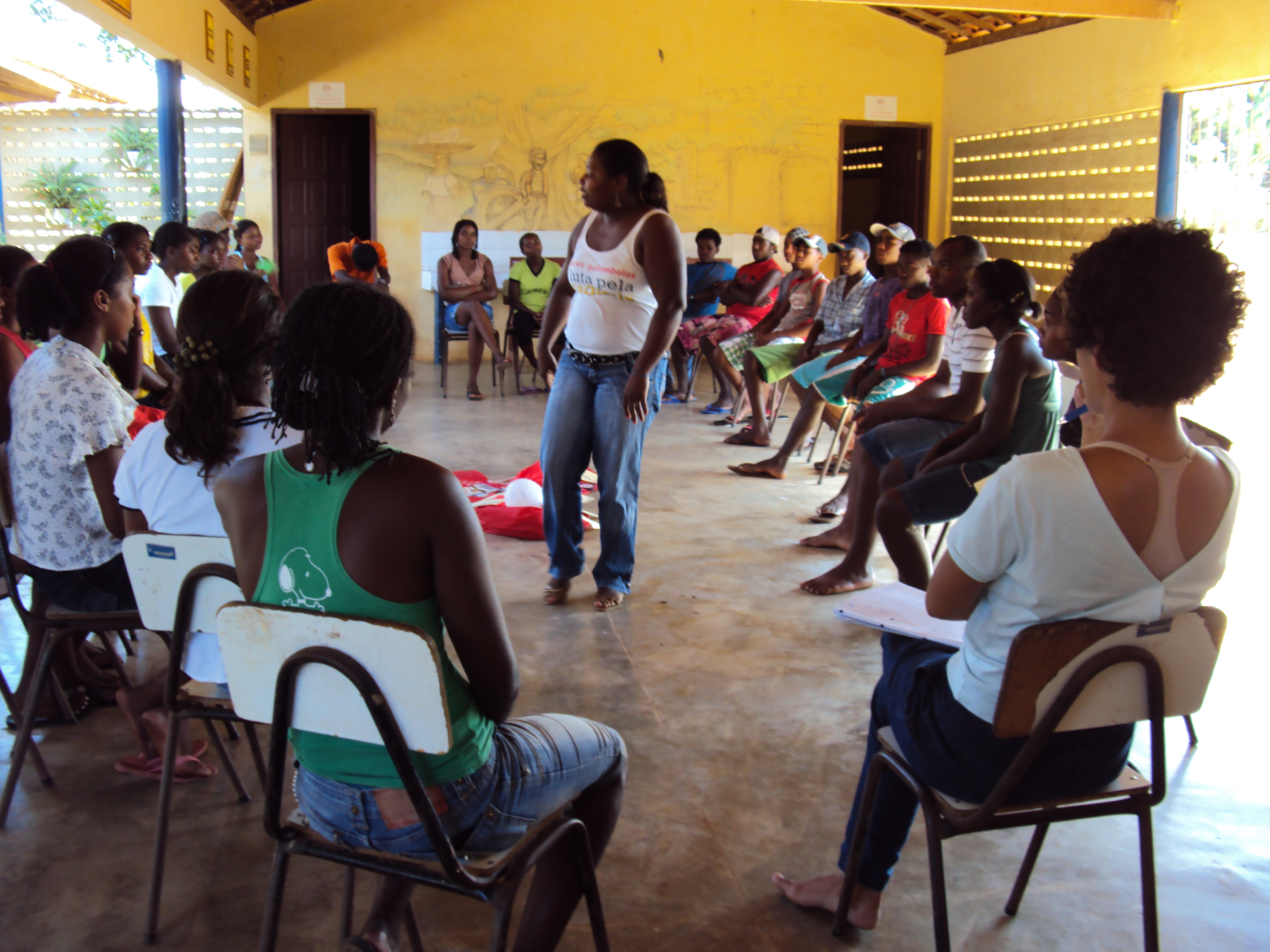Afro-descendent women must have equal rights and the leadership skills to ensure sustainable, conscientious development in Brazil.
Why we care: Brazil’s rich Afro-descendent culture is in fast decline due to racism and marginalization of traditional communities.
How we’re solving this: Providing Afro-descendent women with leadership training to amplify their abilities to advocate for their communities in social and political policy.
Women are the guardians to traditions and culture in Paraíba, Brazil. Given effective leadership skills and equal rights, they will be able to ensure sustainable development for their country and communities.
Racism is common in Brazil, especially towards traditional communities. Black women within these communities are the poorest, most marginalized and face both race and gender discrimination. For example, a 2005 survey conducted by Brazil’s Special Secretariat for Women’s Policies notes that in northeastern Brazil, white women earned approximately 4.6 times the minimum wage and Black women only earned 1.9 times the minimum wage. Additionally, women in traditional communities rely on their land to support livelihoods in agriculture, traditional medicine and craft making. Afro-descendent women have witnessed their land being stripped from them because they lack power and advocacy skills to lobby for greater representation of their communities in social and political policymaking.
As the keepers of Brazil’s traditional heritage, Afro-descendent women must have equal rights and the leadership skills to ensure sustainable, conscientious development in Brazil. Black Women’s Organization of Paraíba (Bamidelê) will conduct 10 workshops in three traditional communities in Paraíba; training a total of 100 women to become community leaders and experts on confronting racism; advocating for the preservation of their cultural heritage; and promoting sustainable local development. Women will learn to campaign for social and political rights at the regional and national levels and become community leaders who are confident in advocating for environmental education and citizenship rights for Afro-descendent women and children.
Bamidelê will also reach another 300 people through two public debates on the effects of economic policy on environment, and two outreach fairs to increase public awareness on the importance of maintaining traditional Afro-descendant culture and reducing discrimination in Brazil.


